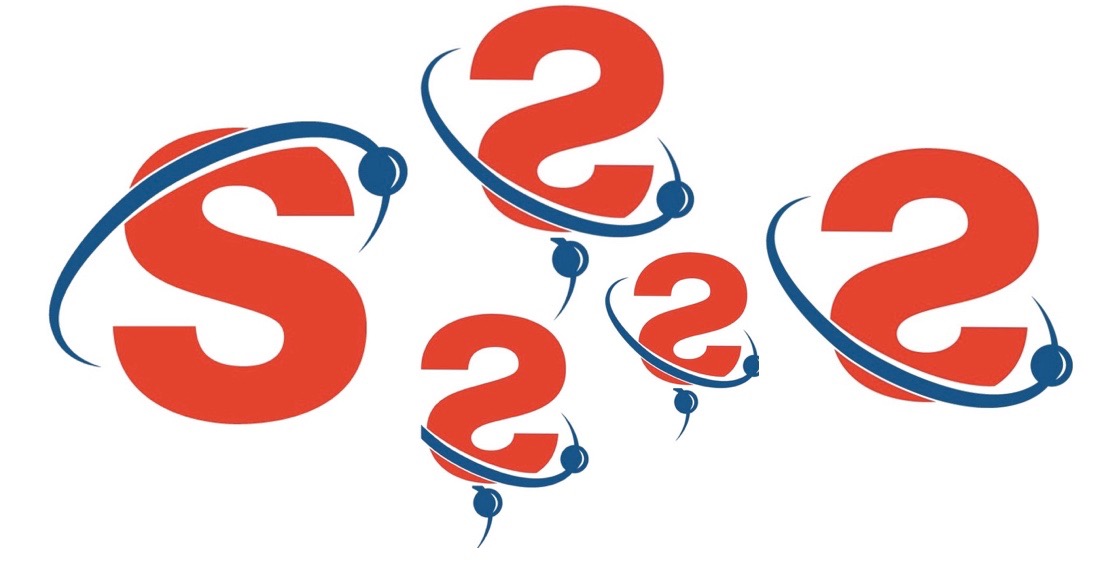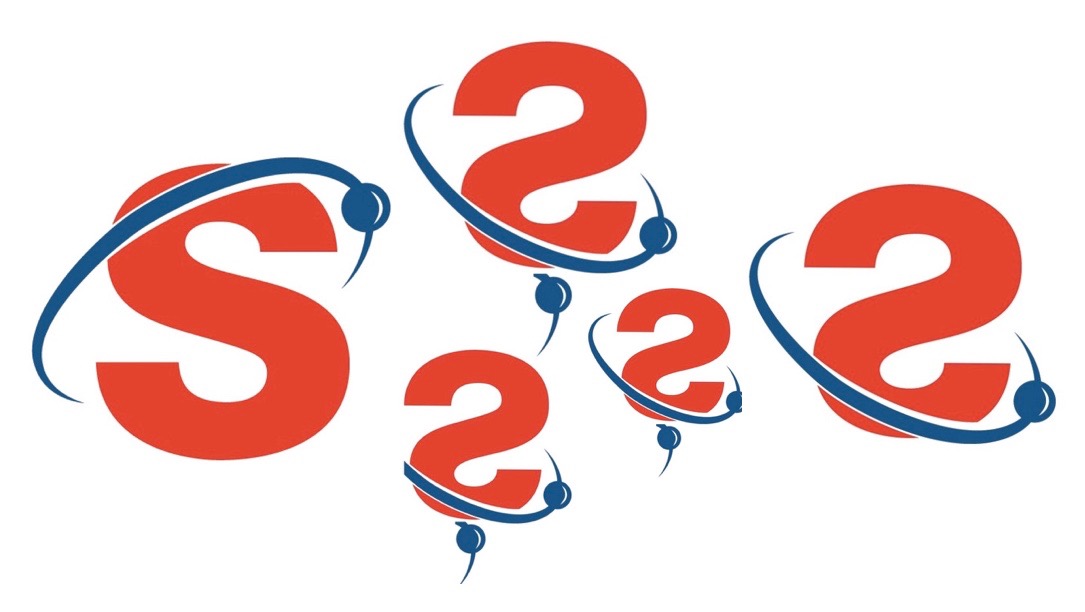Ask the NCCR

Do you want to know more about PlanetS, its organization, structure, options, prospects or limitations? After the last General Assembly and some subsequent discussions, we thought that a number of issues might not be clear and asked you to send us all these questions you have about the NCCR that you never had a chance to ask (or dared asking). In the InsiderS No. 15 we already answered three questions. Here are the next two. Please continue to ask the NCCR.
 What are the different membership status in PlanetS (member, associate, in-kind, external, alumni, etc.) and what do they mean?
What are the different membership status in PlanetS (member, associate, in-kind, external, alumni, etc.) and what do they mean?
In which way each can be supported by PlanetS, what can PlanetS bring to them?
There are indeed different ways for people to be associated with PlanetS. The reason for having introduced these differences is related to SNSF regulations for financial support and, in particular, the need to keep the different funding instruments/sources separate. In other words, SNSF needs to keep track separately of research (and associated expenses) carried out under the instrument NCCR from the one done within usual Research Grants, Ambizione Fellowships, etc. In addition, SNSF also needs to account for the contribution to a NCCR from the participating institutions (in our case UBE, UGE, UZH, ETHZ, EPFL). Hence, these different categories essentially help us satisfy externally set (by SNSF) administrative constraints while trying to keep the science unaffected. Below a short definition of these categories.
- NCCR Member: Someone whose salary is paid by the NCCR and therefore works for the NCCR. Her/his publications or work in general are credited to PlanetS. She/he can participate in all PlanetS activities/workshops and can compete for new initiatives. She/he is listed in the NIRA database which is the reporting/accounting software for NCCRs of the SNSF. All research expenses can be reimbursed by PlanetS.
- In-kind Member: Someone whose salary is not paid by SNSF but typically by the participating institutions and who works most likely only a fraction of her/his time for the NCCR. This fraction of her/his salary is credited as a contribution by the institution to the NCCR. She/he can participate in all PlanetS activities/workshops and can compete for new initiatives. She/he is listed in the NIRA database. Research expenses related to the NCCR work can be reimbursed.
- Associate member: Someone who is paid by another SNSF funding source but is closely associated with a PlanetS Project/Platform leader. Here, the close scientific association with PlanetS is important. The associate member is not listed in NIRA and only extremely limited research expenses can be reimbursed. They can compete for new initiatives provided they do it in association with an existing PlanetS Project/Platform leader.
- External member: Someone who has been a Project leader in the past and who has left PlanetS. The External Member is not listed in NIRA, receives no salary, and expenses can only be reimbursed in very special occasions. They are not listed in NIRA. They cannot compete for new initiatives. At present, we only have one such member: Prof. Michael Meyer.
- Alumni: A category not officially existing yet that will include all those who have been Members of PlanetS, left the NCCR, and would like their names to remain associated with PlanetS. They are not listed in NIRA, receive no reimbursement, and cannot compete for new initiatives.
What are the topics that the NCCR board discusses and decides on?
The Executive Board is the governing body of the NCCR. The Board is essentially the equivalent of the legislative body of a government while the Director and the Co-Director represent the executive. In other words, the Board discusses and decides on all major strategic and financial issues facing the NCCR. Strategically, the change of structure of the NCCR for phase 2 from seven large projects into three domains with many smaller projects has been discussed and iterated at length in the Board before the decision for implementation in phase 2. In general, the entire approach to writing the proposal for phase 2 has been discussed and decided upon in the Board including the setting of priorities and the content of the bonus programme. Financially, the decision to issue calls for new initiatives and the funding selection have been taken by the Board. The financing of the JURA as well as the exhibits in museums in Geneva and Lucerne have been decisions by the Board. Basically, any new activity not already discussed in the proposal and requiring more than 20-30 kCHF is first presented to the Board for approval. The excellent spirit within the NCCR has allowed essentially all the Board decisions to be taken by consensus.
InsiderS No. 15: Ask the NCCR
Please send your questions to: barbara.vonarburg@space.unibe.ch

